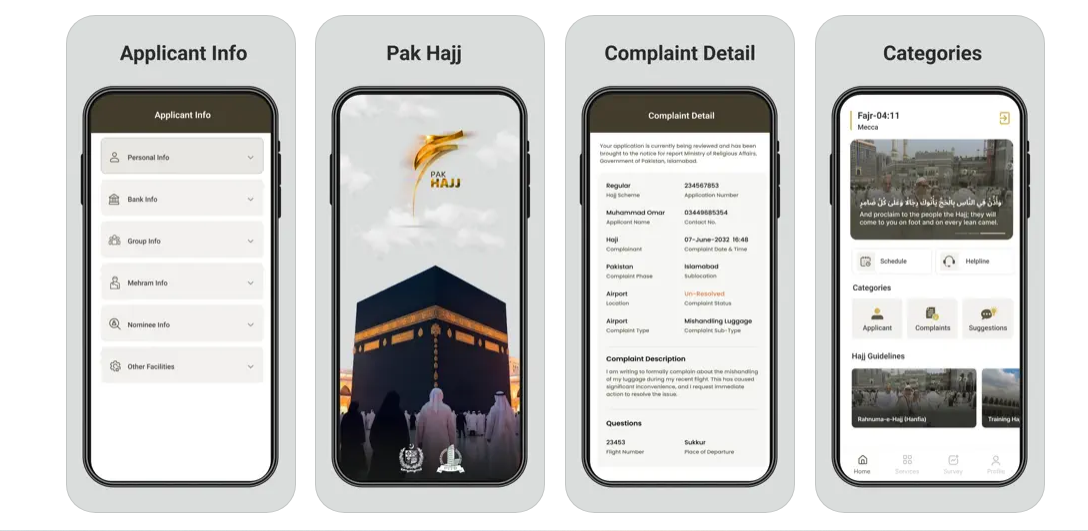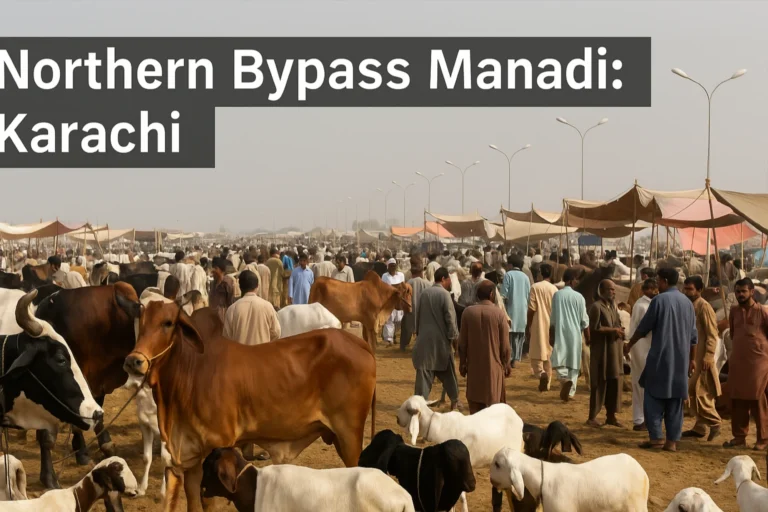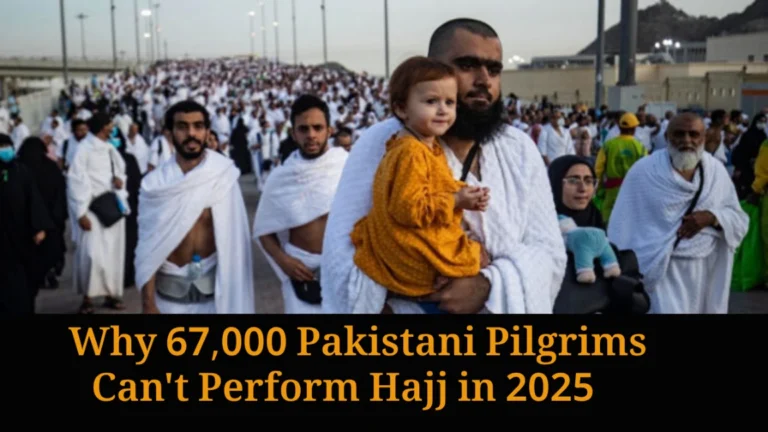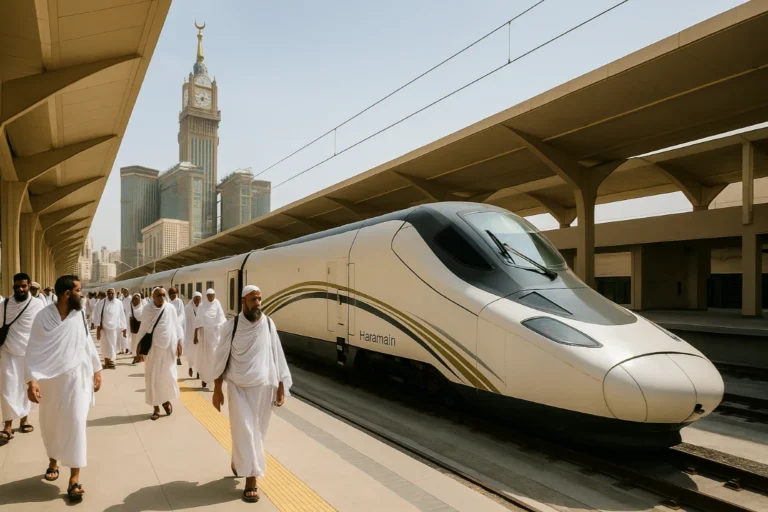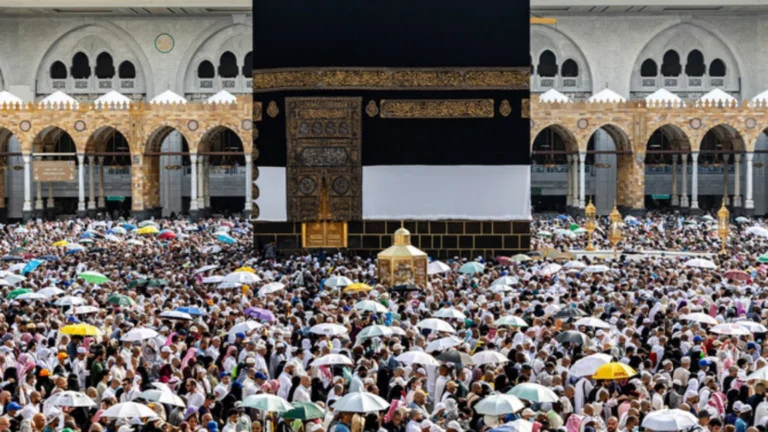Hajj is one of the major pillars of Islam that attracts millions of Muslims any year to Mecca. Both Saudi Arabia and Pakistan have in 2025 implemented state of the art digital tools to improve pilgrimage experience, guaranteeing safety and efficiency while also enriching the pilgrims religiously.
🇸🇦 Saudi Arabia’s Digital Transformation for Hajj 2025
Saudi Arabia has recently revealed its most elaborate operational plan for Hajj 2025 that allocates the use of the most advanced technology to assist pilgrims.
AI-Powered Assistance: Deployment of AI robots and smart screens to give real time recommendations and information to pilgrims. These are instruments which are meant to aid in multiple languages, inclusivity to various group of worshippers.
Digital Quran Tools: Introduction of digital platforms in aid of Quranic recitations and translations, while increasing spiritual experience.
Multilingual Support: In order to accommodate the global Muslim, the implementation of multilingual communication channels will be used so as to ensure there are no barriers of language during the pilgrimage.
Operational Excellence: The plan comprises 120 innovations and 10 smart tracks that are meant to enhance the digital experience of worshippers and seek to modernize the journey of pilgrimage without affecting its rituals.
These innovations are aimed at providing a seamless enriching experience to pilgrims so that they can attend to their worship without any logistical interruptions.
🇵🇰 Pakistan’s Digital Support: The ‘Pak Hajj 2025’ App
The ‘Pak Hajj 2025’ mobile application was launched by the Ministry of Religious Affairs and Interfaith Harmony in Pakistan to aid the pilgrims in their trip. Some of the features of the app include:
Application Tracking: Pilgrims are able to check and confirm the details of their application such as personal data, bank account details as well as group data.
Training and Vaccination Schedules: Information regarding mandatory training sessions, and vaccination requirements can be received via the app, thus proper preparation of pilgrims is guaranteed.
Flight and Accommodation Details: Users are able to view their flight schedules and their accommodation details, enabling efficient booking of travels.
Real-Time Updates: The app provides timely notifications and is updated which ensures pilgrims are in the know-how of any change or special announcement.
This initiative is geared towards creating a wholesome digital solution so that Pakistani pilgrims will not lack a source of information and assistance during the pilgrimage process.
Global Digital Integration
The incorporation of digital tools does not only take place in Saudi Arabia and Pakistan. Services such as ‘Umrahme’ have joined hands with the Saudi Arabia’s ‘Nusuk’ platform to facilitate a completely digitised Umrah bookings making the process even more convenient. These platforms offer guidelines, visa support, travelling advices and informative materials about the history and cultural importance of Umrah to facilitate the organization of the pilgrimage.
Ensuring Safety and Security
To promote safety in the country, Saudi Arabia has implemented the ‘Intelligent Hajj’ program that includes the implementation of e-bracelets for the pilgrims. These bracelets save valuable information which can help maintain the pilotage of all pilgrims. It helps authorities deliver the necessary support to them and keep them safe.
Embracing the Future
The Digital Initiatives for Hajj 2025 are indicative of an agenda of combining tradition and innovation. Through technology, Saudi Arabia and Pakistan want to provide the pilgrims with a more efficient, informed, and spiritually enriching experience. Such developments guarantee that the sacred pilgrimage of Hajj remains to be improved to serve the needs of the contemporary pilgrim without ruining its rich spiritual value.
Ahead of the Hajj season, it is advisable that the pilgrims become conversant with these digital tools and platforms in order to improve their pilgrimage. Through the adoption of these innovations, pilgrims do not have to concentrate on logistic issues, which the superior systems can attend to.

